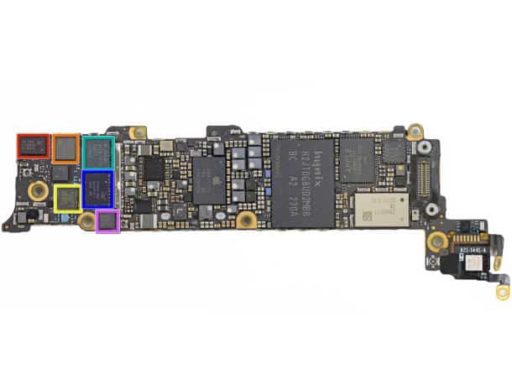Although the size of computer chips has shrunk rapidly over recent years, it comprises of silicon and is bound to hit a limit soon. To counter that in advance, IBM has been working on a viable alternative, namely carbon nanotubes (CNTs), and the company recently had significant success on that front.
IBM’s work on CNTs is still far from complete, and the company is making gradual progress towards taking CNTs to a level of sophistication where they can effectively replace silicon from computer chips. To that end, IBM was able to bag a major milestone recently.
Until recently, the company was able to squeeze a smaller number of CNT transistors onto a chip. But IBM has now been able to push well over 10,000 CNT transistors on a chip, which is a huge step forth.
Naturally, the journey is far from complete since many of the contemporary silicon chips make use of up to a billion transistors and to replicate that kind of space-efficient behaviour, CNTs have a long way to go.
The feature that lends CNTs a prominent edge over silicon is that CNTs can conduct a higher current compared to silicon. Nonetheless, it can be hard to manipulate these tubes when they become highly dense, as will be inevitable when they are used in actual chips.
The search for a viable alternative to silicon is immensely significant for the tech industry. Silicon is the very element that goes into nearly all of the chips currently used in computing machines of whatever sizes. Yet, there may come a time when we can no longer reduce the size of a silicon chip and at that point, we will have to look for something else. Let’s hope that by then, IBM is able to take CNTs to a scale where they are usable in real-world computer chips.
Source: IT World
[ttjad keyword=”kindle”]




